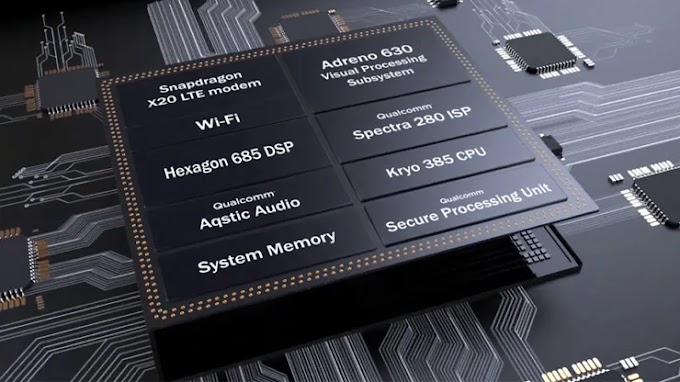After reading this article you will learn about Maintenance Management:- 1. The necessity of Maintenance Management 2. Importance of Maintenance Management 3. Objectives 4. Functions.
The necessity of Maintenance Management:
Importance of Maintenance Management:
(i) Loss of production.
(ii) Rescheduling of production.
(iii) Materials wastage (due to sudden stoppage of process damages in process materials).
(iv) Need for overtimes,
(v) Need for work subcontracting.
(vi) For maximum manpower utilization workers may need alternative work due to temporary work shortages.
As a result, not having a planned maintenance service is more expensive. As a result, it should be provided based on a cost-benefit analysis. Plant maintenance should be supplied at the lowest feasible cost because it is a service function, yet it is extremely vital, as described above.
Objectives of Maintenance Management:
The main objectives of maintenance management are as follows:
(1) Minimizing the loss of productive time because of equipment failure to maximize the availability of plant, equipment and machinery for productive utilization through planned maintenance.
(2) To extend the useful life of the plant, machinery and other facilities by minimizing their wear and tear.
(3) Minimizing the loss due to production stoppages.
(4) To ensure operational readiness of all equipment’s needed for emergency purposes at all times such as fire-fighting equipment.
(5) Efficient use of maintenance equipment’s and personnel.
(6) To ensure safety of personnel through regular inspection and maintenance of facilities such as boilers, compressors and material handling equipment etc.
(7) To maximize efficiency and economy in production through optimum utilization of available facilities.
(8) To improve the quality of products and to improve the productivity of the plant.
(9) To minimize the total maintenance cost which may consist of cost of repairs, cost of preventive maintenance and inventory costs associated with spare parts/materials required for maintenance.
(10) To improve reliability, availability and maintainability.
Functions of Maintenance Management:
The important functions of maintenance can be summarized as follows:
(1) To develop maintenance policies, procedures and standards for the plant maintenance system.
(2) To schedule the maintenance work after due consultation with the concerned production departments.
(3) To carry out repairs and rectify or overhaul planned equipment/facilities for achieving the required level of availability and optimum operational efficiency.
(4) To ensure scheduled inspection, lubrication oil checking, and adjustment of plant machinery and equipment.
(5) To document and maintain record of each maintenance activity (i.e., repairs, replacement, overhauls, modifications and lubrication etc.).
(6) To maintain and carry out repairs of buildings, utilities, material handling equipment’s and other service facilities such as electrical installations, sewers, central stores and roadways etc.
(7) To carry out and facilitate periodic inspections of equipment and facilities to know their conditions related to their failure and stoppage of production.
(8) To prepare inventory list of spare parts and materials required for maintenance.
(9) To ensure cost effective maintenance.
(10) To forecast the maintenance expenditure and prepare a budget and to ensure that maintenance expenditure is as per planned budget.
(11) To recruit and train personnel to prepare the maintenance workforce for effective and efficient plant maintenance.
(12) To implement safety standards as required for the use of specific equipment or certain categories of equipment such as boilers, overhead cranes and chemical plants etc.
(13) To develop management information systems, to provide information to top management regarding the maintenance activities.
(14) To monitor the equipment condition at regular intervals.
(15) To ensure proper inventory control of spare parts and other materials required.
In terms of plants operations the functions of maintenance are:
(a) The plant must be available as and when required.
(b) The plant must not breakdown during actual operation state.
(c) The plant must operate in an efficient manner at required level of plant operation.
(d) The down time must not interfere with production runs.
(e) The down time due to breakdown should be a minimum.
To accomplish these conditions there must be complete cooperation and mutual understanding between maintenance and production departments. There must be an effective maintenance policy for planning, controlling and directing all maintenance activities.
The plant maintenance department must be effectively structured, suitably staffed, and large enough in number to do corrective and timely maintenance while attempting to minimise breakdowns.








